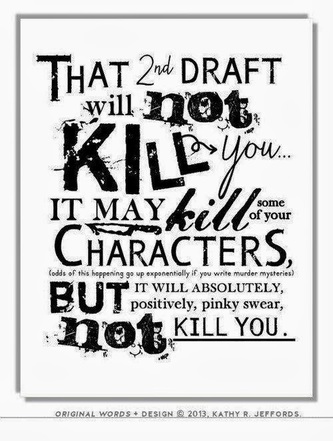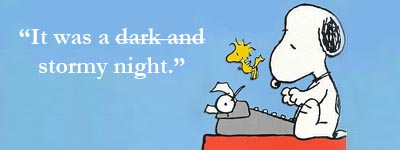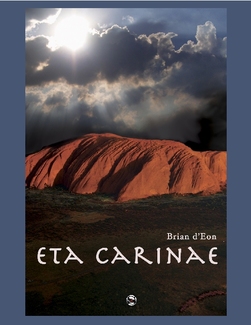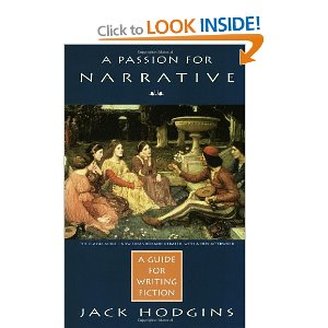
But the novel, for better or worse, is the format by which a writer’s worth is measured. It is THE format of our century, and many centuries before. It seems impossible to escape this fact. This is not to take away from the accomplishments of Alice Munro and many other extraordinary masters of short fiction. Yet even they would admit, I think, that the easiest way to make a name for yourself as a writer, is to write a good novel. It is the form that the modern reader best knows, loves, and will pay money to read.
It is no different in the small corner of the writing universe where I live. Published poets are honoured, writers whose short fiction appear in literary magazine likewise acknowledged but, if you truly want to be taken seriously, if you want to be regarded as a bona fide member of the local writing community, you need to have a published novel to your credit.
So, in part at least, writing a novel is about status. Of course, it has nothing to do with money. If you are writing a novel to become wealthy, you are almost certainly delusional.

I looked forward to the "freedom" of the novel format, which would allow me to explore several thematic directions simultaneously, look for complex relationships, delve into arcane details—things like that.
In about nine months I completed the first draft of Lunatics. A very small circle of readers looked through the manuscript, proofread, left me with general impressions, helped me identify areas which needed revision and so forth. After making the appropriate revisions, “polishing” the work as writers sometimes say, I had the sense that the manuscript was ready to see the eyes of publishers.
This I concluded after several publishers had rejected the manuscript. That being said, on two occasions, publishers did get back to me to ask to see the complete manuscript. Apparently in the opening of the work—the first thirty pages or so—I had done ‘something’ right, enough to warrant at least some initial interest, but no more.
It is no secret that it is probably harder today than ever to get a piece of fiction into print. The number of Canadian publishers of fiction has shrunk almost to nothing. Very little risk taking is going on. Breaking into the market as a new writer is a disheartening quest at best.
For many months I seriously explored the option of self-publishing or, at the very least, presenting the world with Lunatics as an e-book. Such books are all the rage now, and the cost of turning my manuscript into an e-book would not be that great. And the gratification would be nearly immediate when compared to the glacial pace of traditional print publishing. Besides, only months before, my novella, Eta Carinae, had been published by Vagabondage Press as an e-book, so I had already broken into the market, so to speak.

Along with my writer friend, Ross Klatte, last fall I presented a five-part talk on writing fiction to a local group of interested retirees. I was very hesitant about agreeing to do this. I had no formal training as a writer. What I knew about the craft was self-taught and largely instinctual. Nevertheless, with help of two very good books by writers who truly did understand the craft, I went ahead and shared what I knew with my retirees.
This was a good and maybe crucial experience for me. I certainly learned every bit as much as my audience, almost certainly more. Many of things I talked about: character, setting, voice—these were all things I felt I understood, but gradually I began to see I didn’t understand them nearly so well as I thought. The greatest boogie man of them all was the idea of STRUCTURE. Again and again I kept reading about the importance of a novel having a very clear and disciplined structure. The novelist, I was being told, if he hope for success, must follow some very specific RULES as he writes.


A substantive edit… a no holds barred look at my work by someone who understood structure, who obeyed rules, and would have no hesitation about telling me where I was breaking them. Well, I thought… this was something the work very likely needed. And if not now, when? Either I would forever be an ‘emerging’ writer, or I could try to take the next step.
I submitted a sample of Lunatics to Humber College. Good enough, apparently; I was accepted into the course along with a dozen or so other writers. I was linked up to my mentor. Starting in the first week of January, I could expect to hear from him and we would be underway. Laying bare my writing ego to whatever assaults awaited. All during the Christmas season of 2013 I psyched myself up for the moment.
I would not be disappointed.
















